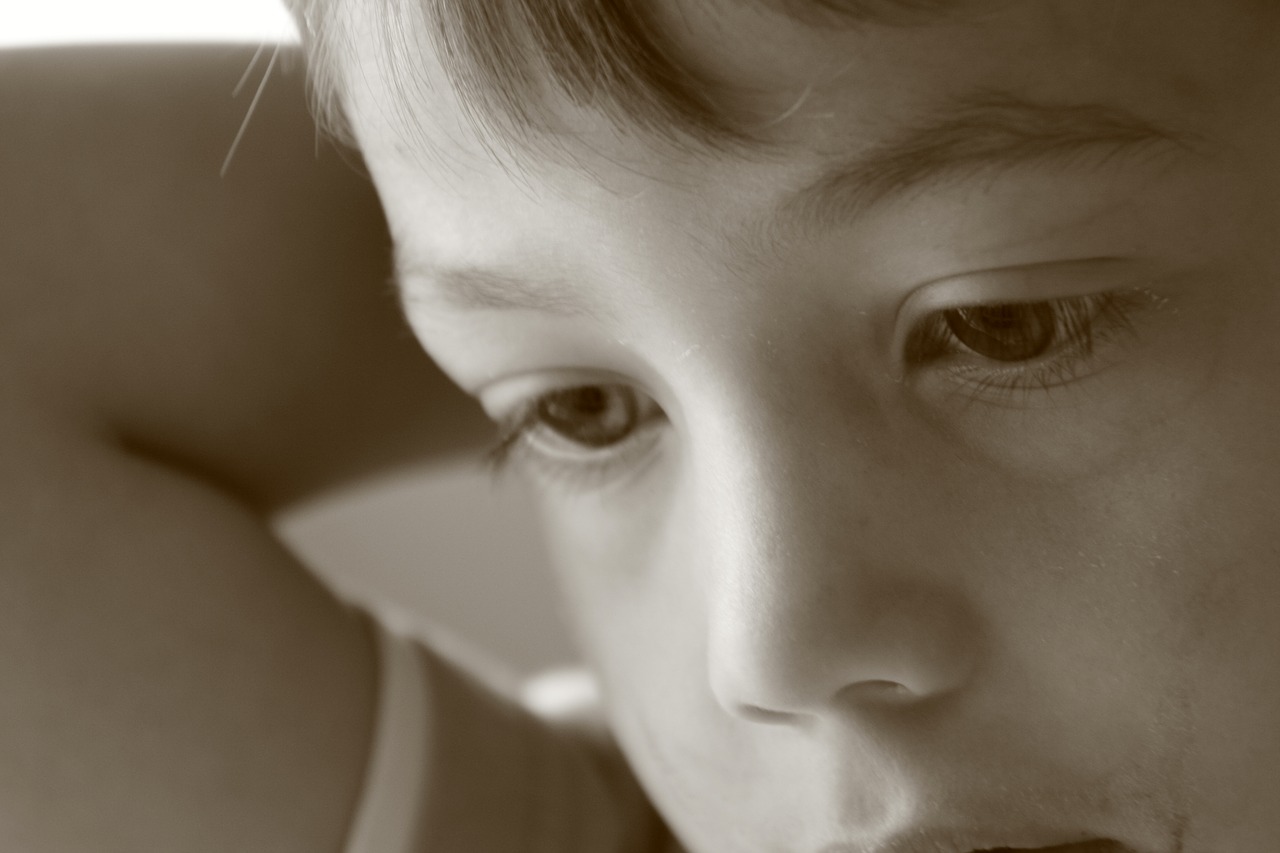Depression: Major Study of College Freshman Kicks Off at UCLA
“Can we screen you for depression?”
Depending on their answer, as many as 10,000 incoming UCLA freshmen and transfer students could become part of the school’s massive study into the causes and treatments of the mental disorder.
Called the Depression Grand Challenge, UCLA’s initiative — which seeks to cut the incidence of depression worldwide in half by 2050 — is launching the screenings as new students move into their dorms and prepare for the first day of classes on Thursday. Read more ›













